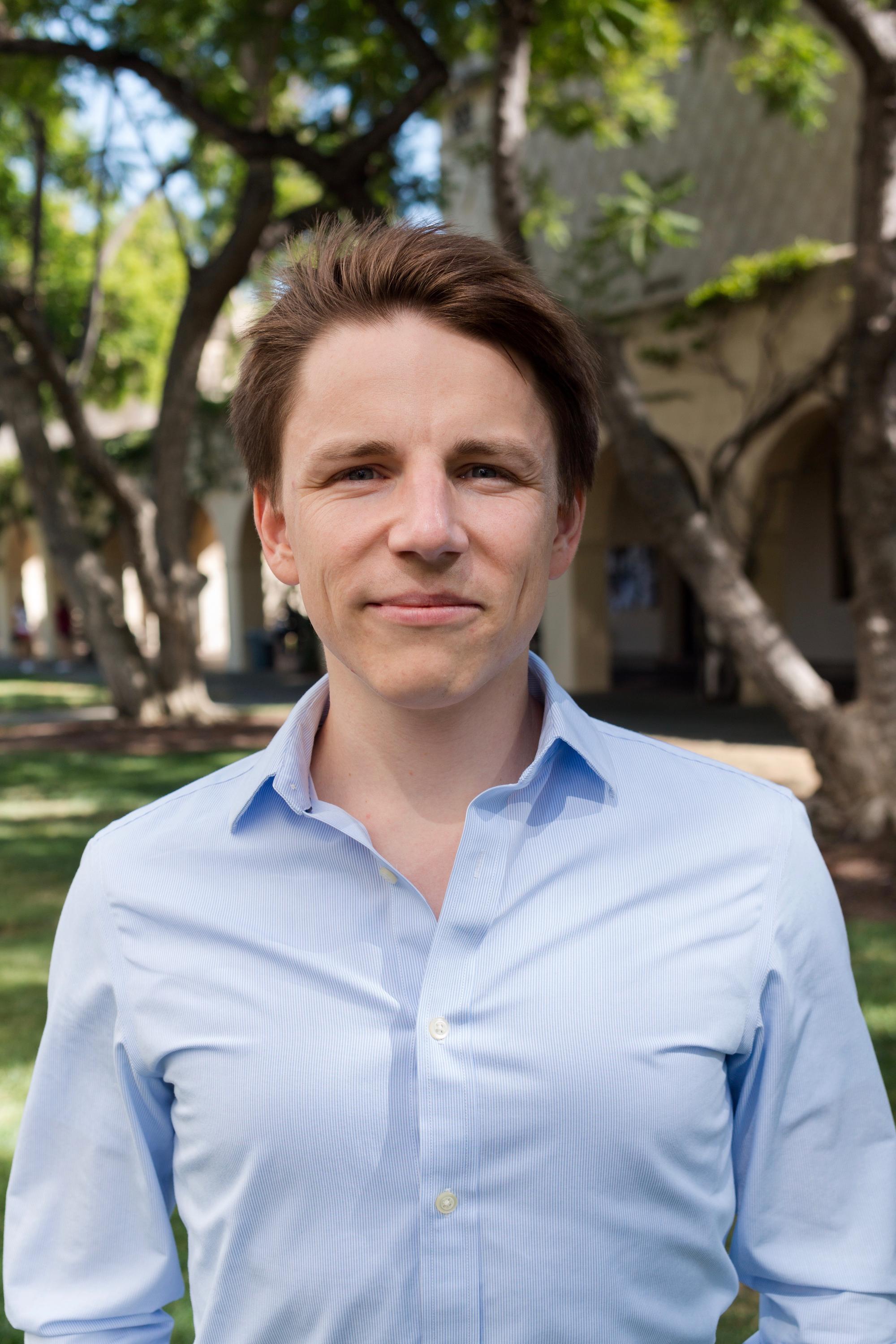Rescheduled from Tuesday, February 12
Alexandre Cooper-Roy, Caltech
Single neutral atoms trapped in optical tweezers have become a powerful hardware for quantum information science and technology; however, these techniques have been so far restricted to alkali atoms. Applying tweezer techniques to alkaline-earth atoms, which are used in the most precise atomic clocks, would enable many new experiments in quantum computation, quantum simulation, and precision metrology. In this talk, I will lay the groundwork for such future experiments by presenting new results demonstrating the trapping, cooling, and imaging of individual alkaline-earth atoms in two-dimensional arrays of optical tweezers.
First, I will introduce a narrow-line cooling mechanism that allows for compensating for heating during fluorescence imaging over a wide range of trapping parameters. Then, I will demonstrate cooling of single atoms close to their motional ground state using resolved sideband cooling. Finally, I will describe our approach to perform repetitive non-destructive imaging of single atoms with a fidelity greater than 99.99% for more than a thousand times.
These results pave the way for an entire spectrum of experiments with quantum many-body systems assembled from individually controlled alkaline-earth atoms, including the realization of quantum-enhanced optical clocks and the creation of highly-entangled states using Rydberg-mediated interactions.
References
A. Cooper, J. P. Covey, I. S. Madjarov, S. G. Porsev, M. S. Safronova, M. Endres. “Alkaline earth atoms in optical tweezers.” Physical Review X 8, 041055 (2018), featured as a Viewpoint in Physics.
J. P. Covey, I. S. Madjarov, A. Cooper, M. Endres. “2000-times repeated imaging of strontium atoms in clock-magic tweezer arrays.” arXiv:1811.06014 (2018).
About the speaker
